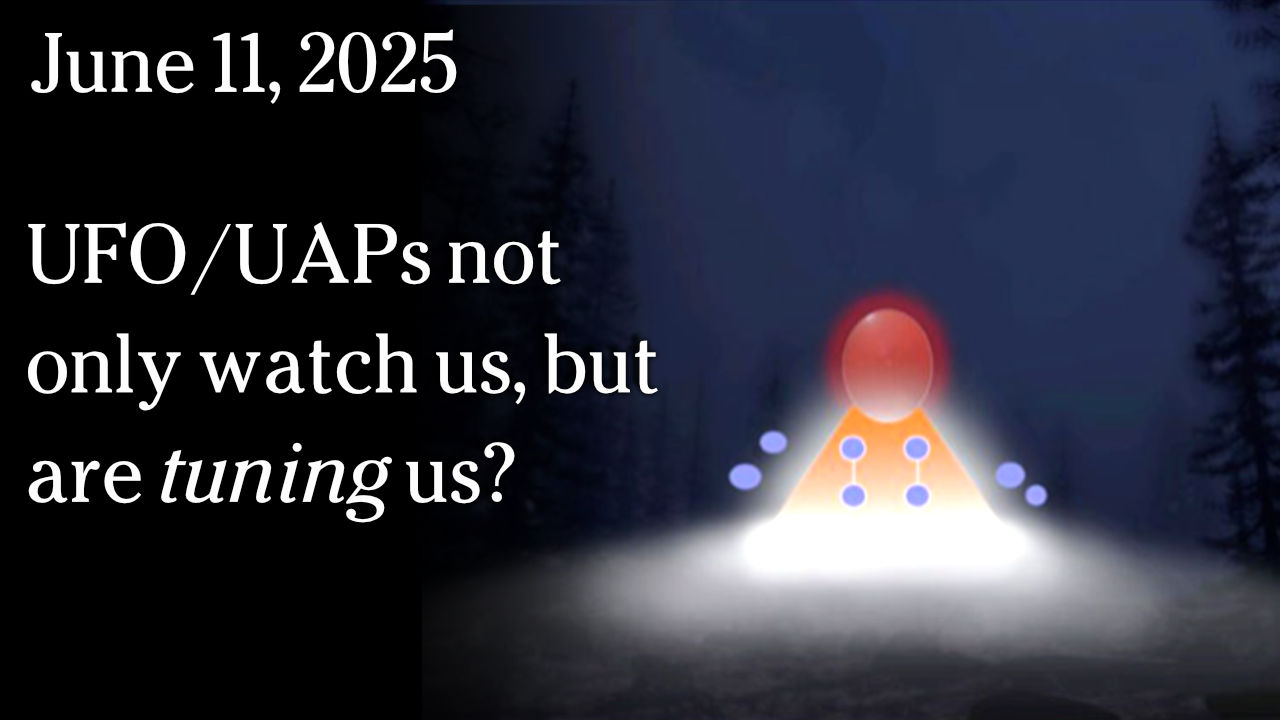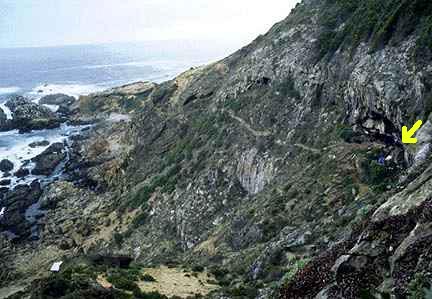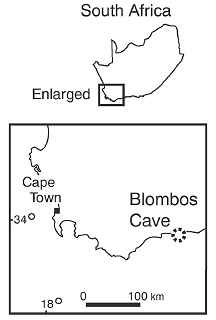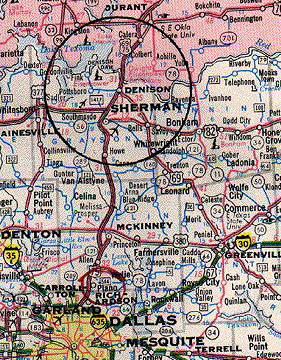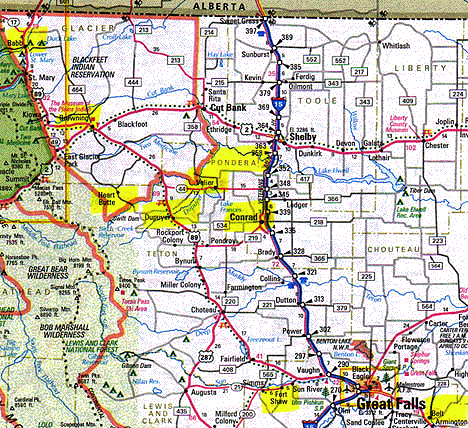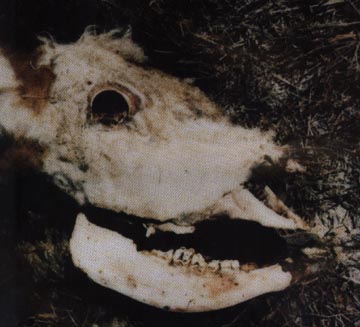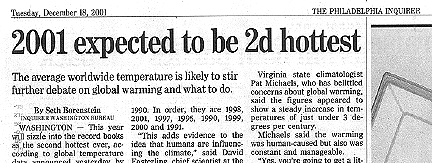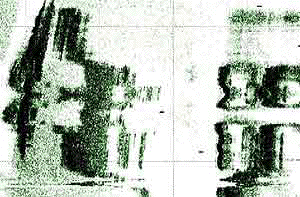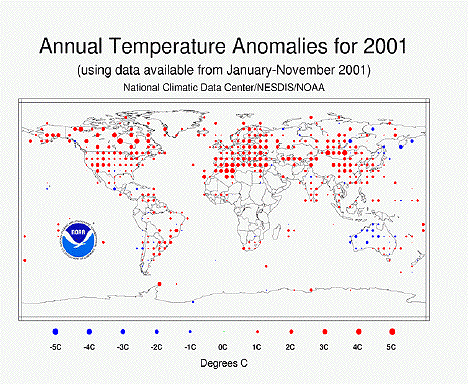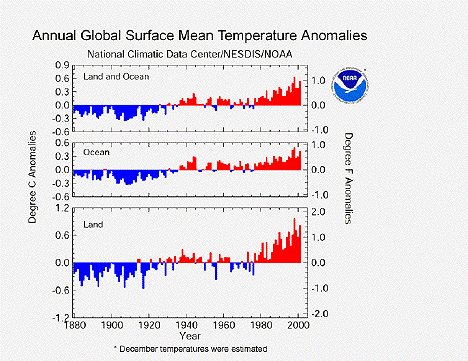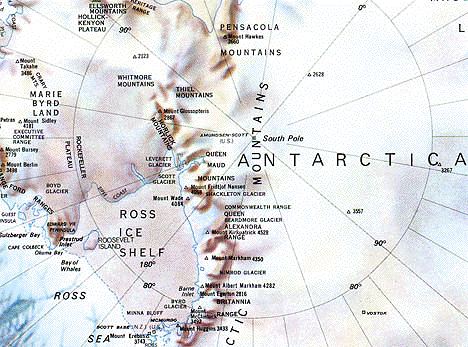
January 30, 2002 Pasadena, California - The huge Ross Ice Shelf in Antarctica is bigger than Texas and two-thirds of a mile thick. It has been the source of Rhode Island-sized icebergs in recent years in what was thought to be a continual slow melting in slippery mud at the bottom where the heavy ice layer pushes against the continental land mass. Since the last Ice Age ended ten thousand years ago, icy "rivers" have moved along that mud base and dumped Connecticut-sized icebergs into the sea in recent years.
Click here to subscribe and get instant access to read this report.
Click here to check your existing subscription status.
Existing members, login below:



